Describing himself as a “Global travelling explorer and flaneur electronique”, independent electronic musician Robin Rimbaud has been releasing music as SCANNER since 1993. His moniker came as a result of using police scanner devices that he had purchased from a friend in a hunt saboteur group in his live performances and recordings.
Born in London, Rimbaud immersed himself in avant garde literature, cinema and music from a young age, discovering the works of John Cage and Brian Eno via his piano teacher. He began composing in 1982 and has since been active in sonic art, live performance, event curation, installations, dance production scores, video, recording and academia.
An early adopter of the internet, Rimbaud’s experimental approach has seen him collaborate with the likes of Bryan Ferry, Michael Nyman and Laurie Anderson. His back catalogue is vast, taking in ambient, contemporary classical, art pop, jazz, glitch, IDM, soundtrack and experimental fields. 1997 saw SCANNER featured in the prestigious ITV arts magazine series ‘The South Bank Show’.
With no less than three albums ‘Alchemeia’, ‘The Phenol Tapes’ and ‘The Berklee Sessions’ already released in 2024, ELECTRICITYCLUB.CO.UK had the pleasure of chatting to Robin Rimbaud about those and other aspects of his decades long role as a creative catalyst…
How did you become interested in electronic music?
Technology always appealed to me. I was playing with tape recorders from a very early age and borrowed synths from older boys at school as I couldn’t afford such things. The world of electronic music on record appealed to me in such a magical way, but, of course, I’m of a generation from the 60ds and 70s that heard strange and eclectic electronic music on TV shows as the soundtracks, for science programmes and so on, so it was always there, ever present.
What was your first synth and do you have a favourite one?
I couldn’t afford one for many years, so my first ‘serious’ synth was a Yamaha SY22 in 1990 which can be heard all over my records at the time. Just checking the details online regarding this synth, it’s reported that it was used by “MOBY, SKINNY PUPPY and SCANNER”. Well, that made me smile.
Now a few years later, I have significantly more synths and many favourites. One I have loved since I first bought it is the Kilpatrick Phenol Synth, such that when I travelled to Captiva in Florida in 2017, it was the only instrument that I took with me. More on that in a moment. Minimalism at its best 😀
You’ve released three albums in 2024 so far but have always been prolific, are you able to summarise your ethos and energy?
If I had a simple answer, I suppose I’d be setting up a course for others to attend to learn, but it’s mostly about discipline. Personally, I feel that I could do so much more, that I’m quite lazy, but others have commented on this aspect of my output. I wake up early each day, between 05.30 – 06.00, eat breakfast, take a walk, then begin work early, and work all day until around 17.30. I never work in the evenings or at the weekends.
Perhaps it also helps that I’ve never drunk alcohol, tea or coffee, never smoked, or taken drugs. You’d be amazed how many hours are extinguished for some people because of such addictions.
I’m able to get a lot done before the day really kicks in a sense. I also work efficiently. I have various systematic approaches to ways of work and remain true to them and so am able to achieve a fair deal in a short space of time.
‘Alchemeia’ pays tribute to electronic library music of the 60s and 70s, did you set yourself briefs for each composition or was it much freer than that?
The ‘Alchemeia’ concept began as an idea of exploring this music that I had heard in my sonic landscape as I grew up and somehow paying tribute to it, in the most respectful way. I kept in mind the composers whose work I admired as I began creating in the studio, people such as Tod Dockstader, Ron Geesin and Delia Derbyshire.
I also did my utmost to use dusty old, often unreliable and noisy, analogue gear to create the music too, in a sense remaining true to the source of the inspiration. Whilst must of this music was heard on TV and not the key focus, I wanted the background to become the foreground here. It led to a most playful and fun album that hopefully remains affectionately nodding towards its influences.
‘The Phenol Tapes’ has longer progressive pieces and was recorded on one synth and one guitar pedal in a wooden hut in Florida, how do restrictions alter your creative mindset?
Well, conscious that I was going to be living on an island for 6 weeks, at the invitation of the Robert Rauschenberg Foundation, and with little access to technology I had to make certain key decisions, especially given the size of equipment to take with me. I’ve always been rather a minimalist in terms of what I pack to travel so this was a great challenge.
Less can most definitely be more though. I would sit in this former fisherman’s hut in the heart of the landscape every single day and explore different aspects of the instrument. It was a very mediative and rewarding experience, especially sharing it with such wildlife as woodpeckers, osprey and woodpeckers, some of who guest on the album, almost unintentionally!
Such restrictions are invaluable though, where you are forced to rethink processes and possibilities and certainly not relying on software and plugins to embellish everything! This entire experience ended up simply being called ‘The Phenol Tapes’, after the name of the very technology I was using at the time.
‘The Berklee Sessions’ takes a wild excursion into jazz, how did this come about?
I was actually working at MIT in Boston at the time on an Artist Residency, and my friend Neil Leonard teaches at Berklee College of Music, and set up this session one day in the studio there. He kindly invited other sympathetic players, we set up and simply played. Honestly, just as simple as that.
The joy of working with such professionals as this is that much of their lives have been spent working against the clock in sessions with Frank Zappa, John Cale and others, so they worked as efficiently as me which was so rewarding. Somehow, we recorded about 75 mins of music in our short day, but it then took me TEN years to work my way through the most complicated sessions!
When I listen to ‘The Berklee Sessions’ now, I hear a combination of electronic sounds united with more psychedelic rock than jazz, so it’s a hard one to label. Reviews have compared it to Tortoise, Miles Davis or The Necks, which is so very flattering.
You have collaborated on numerous occasions; how does your process change in these instances?
I honestly don’t overthink it. It very much depends on the circumstances. I’ve now worked on around 70 dance productions, so fully appreciate how the process develops with choreographers, whilst working with an architect is often accepting that it might well take at least five years for the project to come to fruition!
Working with other musicians is usually the simplest. I love the ability to exchange ideas in the creative process. I enjoy taking risks too, so working in circumstances I’m not necessarily familiar or comfortable with is very rewarding. For example, I recently ran a week of workshops with dancers and actors in Ravenna Italy, exploring the use of the voice in composition and performance. I was utterly out of my depth, but it was an extraordinarily rewarding experience for everyone!
Is another song based album like ‘Scanni’ which you did with Anni Hogan and various guests a possibility in the future?
Actually, it’s quite possible that the next release on my label Alltagsmusik will be an album with a female singer from Sheffield in the UK, Sally Doherty, which is more like torch songs meets PORTISHEAD and THE BEATLES. I’ve always loved songs but rarely written any. Almost my entire back catalogue is instrumental.
Having said that, I recorded cover songs for my late mum in 2020 for a tribute EP ‘Jayemme’ and then sang for the first (and possibly last) time the same year in a collaboration with my friend, the celebrated Dutch composer Michel Banabila on ‘The Spaces You Hold’. I only wish I were brave enough to sing in front of the public, but that’s unlikely to ever happen, I think.
Aside from these new 2024 releases, which work is your favourite from your back catalogue?
I’ve rarely ever listened to any of my own music. I move on from each release and project, but your question has gotten me thinking. I’m especially proud of the album ‘Fibolae’ (2017), which was recorded after losing my entire family. It’s an angry, passionate and intense recording.
I also still enjoy ‘Lauwarm Instrumentals’ (1999), which is a mix of melancholic melodies with intensely rhythmic pieces.
You issued your first self-titled album in 1993, electronic music has developed and is everywhere now, how do you view these recent sub-genres that have sprung up like hauntology and synthwave?
I’m never quite sure how genres help music listeners at times, as they began more as a way for record shops and magazines to organise their record racks. I don’t know of anyone who labels their own record collections in that way! But I’ve loved seeing how expansive the electronic music scene has become, embracing so many possibilities. I’m still as inspired by new music as I ever was!
Music distribution has also altered considerably since 1993, do followers of your work have a preferred format? How has it worked for you?
It’s clear that many collectors love vinyl, often buying copies that remain sealed, which is a quirky idea, but so be it. I’ve issued music on all formats and unfortunately the sheer extortionate costs of producing vinyl, the waiting time to receive them, and the postage to send them out, has meant that for the time-being, I’m focusing on CDs and digital.
A lot of my supporters enjoy digital music, and I even set up a Fan Club at Bandcamp to offer exclusive works to those who want them. At present there are about 50 works that can’t otherwise be heard anywhere else.
Where do you stand on the “sound quality” argument of vinyl vs CD vs MP3 vs lossless vs cassette vs streaming?
I’ve never used any streaming services for music, but to be honest I’m happy just to hear music. Like countless others I’ve enjoyed watching YouTube videos on a phone in mono, and hearing bootleg tapes of bands I love recorded as if hiding inside a cardboard box. As long as I have access to music in all formats, then I’m happy. I grew up listening to cassette tapes so anything was an improvement on that 🙂
As an independent artist, how have you adapted to social media? Is it a necessary evil, do you wholly embrace it or does it take up too much time, especially this algorithmic preference for video reels?
Well, I’ve been sending out a newsletter every month, on the first day of every month, since 1996, so that’s 28 years of socially engaging with supporters. I have been embracing the possibility of connecting with others for all this time, so actively use social networks for good. My Instagram account is largely focused on sharing my enthusiasm for new music, visual art and books. I avoid being drawn into the politics of life and other diversive subjects.
Social media is always looking to reinvent itself in endless possible ways, so a particular emphasis at this very moment on one aspect will presumably change again in the near future. I remain positive that these tools can be used for positive experiences!
What about AI, have you investigated this for use as a tool in your music?
I was a beta tester for one company exploring musical possibilities and in a year of experiments failed to find anything of interest for my own purposes, but I’m well aware of other companies who have trained their systems to produce the most extraordinary, largely unoriginal music.
Then again, I’ve already been using it with certain mastering software such as iZotope and in Logic Pro, and believe that it can offer us something very positive, but right now we are in the moment of discovery which is always unsettling and newsworthy, if only for the negative aspects.
What is next for you?
I have many commitments for 2024-25. I have at least 3 more albums to come out this year, plus a beautiful special art edition on vinyl which features scores for British artist and designer Ben Kelly. This can currently be seen in the Reverb show at 180 Strand in London.
I have a huge multimedia installation opening at Pompidou Centre in Paris on 3 December which will run until the close of the museum in March 2025, then tour the world for some years. It’s a work I made with the late Mike Kelley, an incredible American artist.
I also have two books that I need to return to and prepare for publication. And, in between, productions, soundtrack work and catching up with projects that never seem to be finished!
ELECTRICITYCLUB.CO.UK gives its warmest thanks to Robin Rimbaud
‘Alchemeia’, ‘The Phenol Tapes’ and ‘The Berklee Sessions’, along with the SCANNER back catalogue is available digitally direct from https://scanner.bandcamp.com
https://www.facebook.com/scannerdot
https://www.instagram.com/robinrimbaud
https://www.youtube.com/@RobinRimbaudScanner/videos
https://open.spotify.com/artist/7FEmduuEjfoagq6Qrgviji
Text and Interview by Chi Ming Lai
13 July 2024

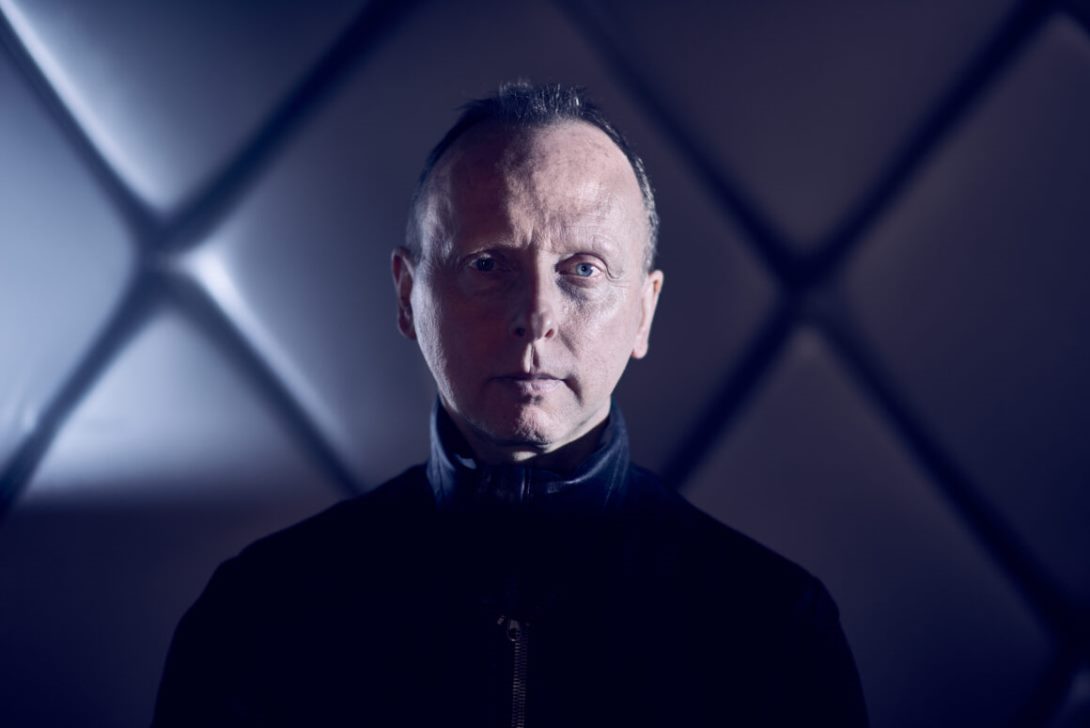
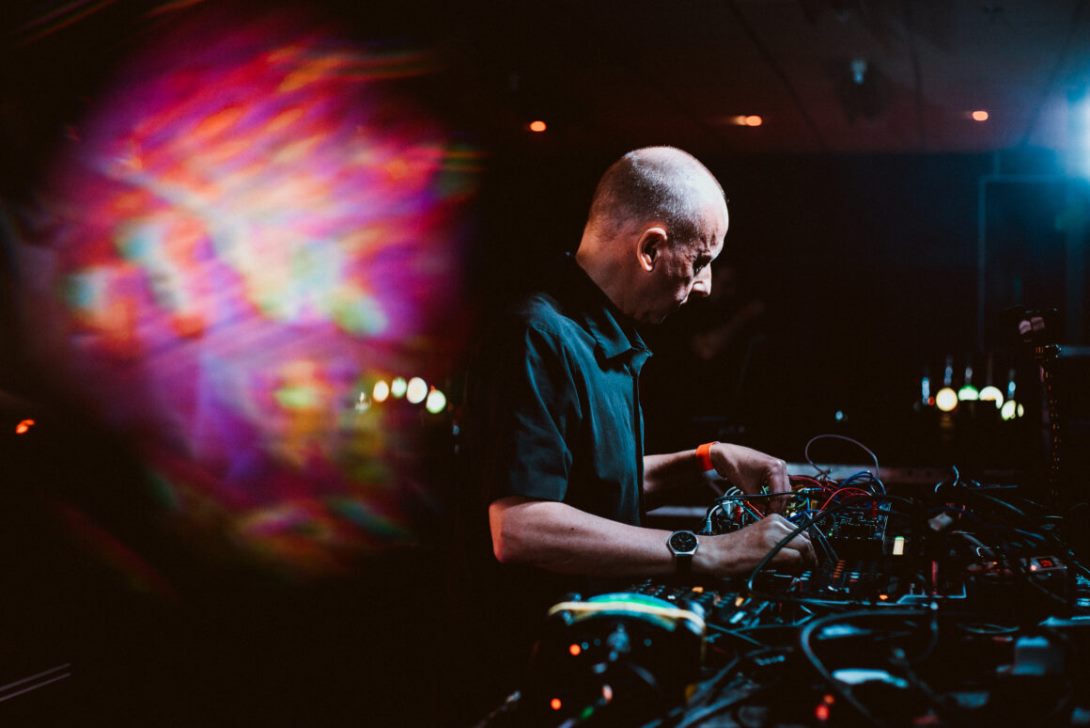
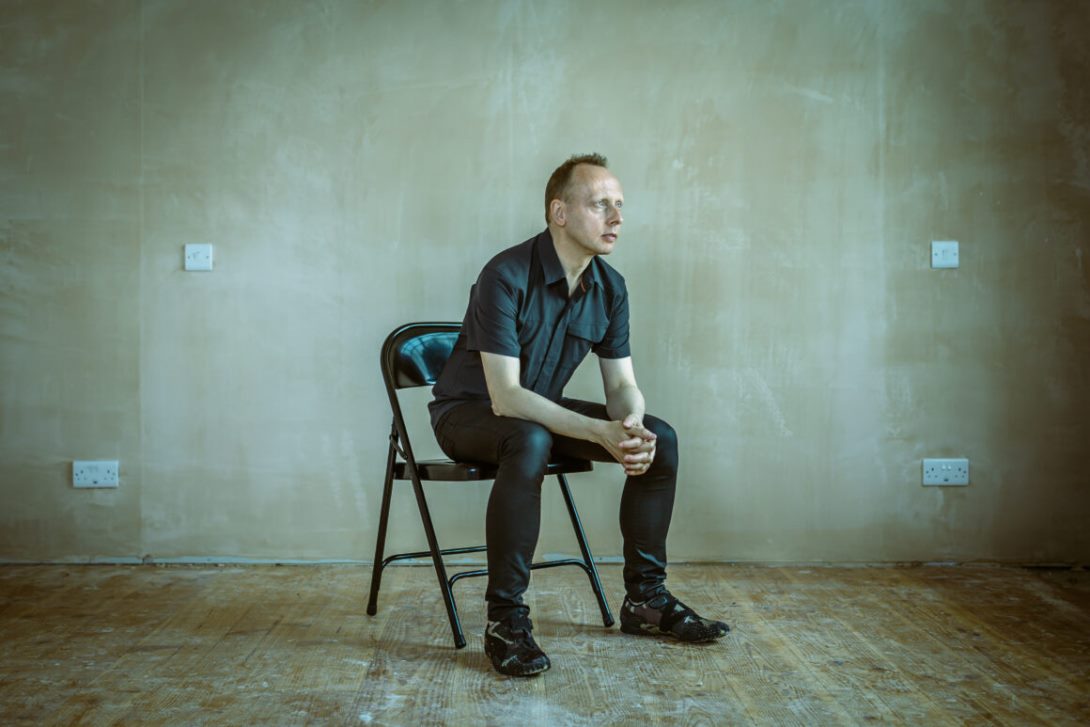
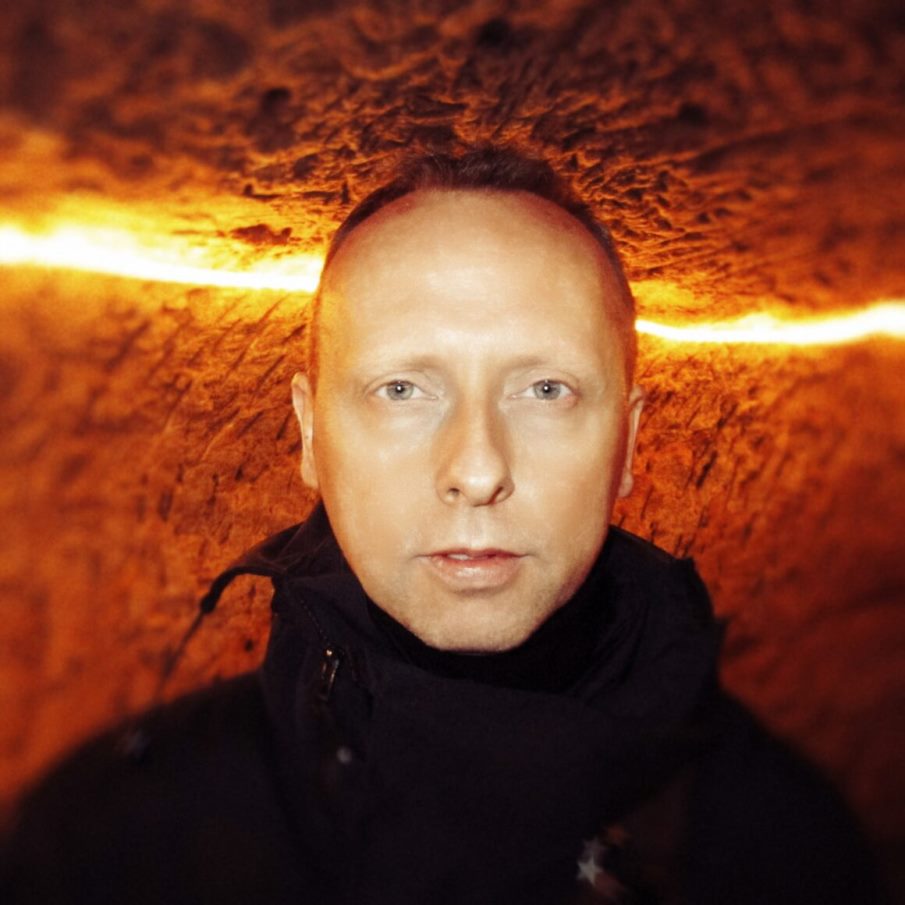
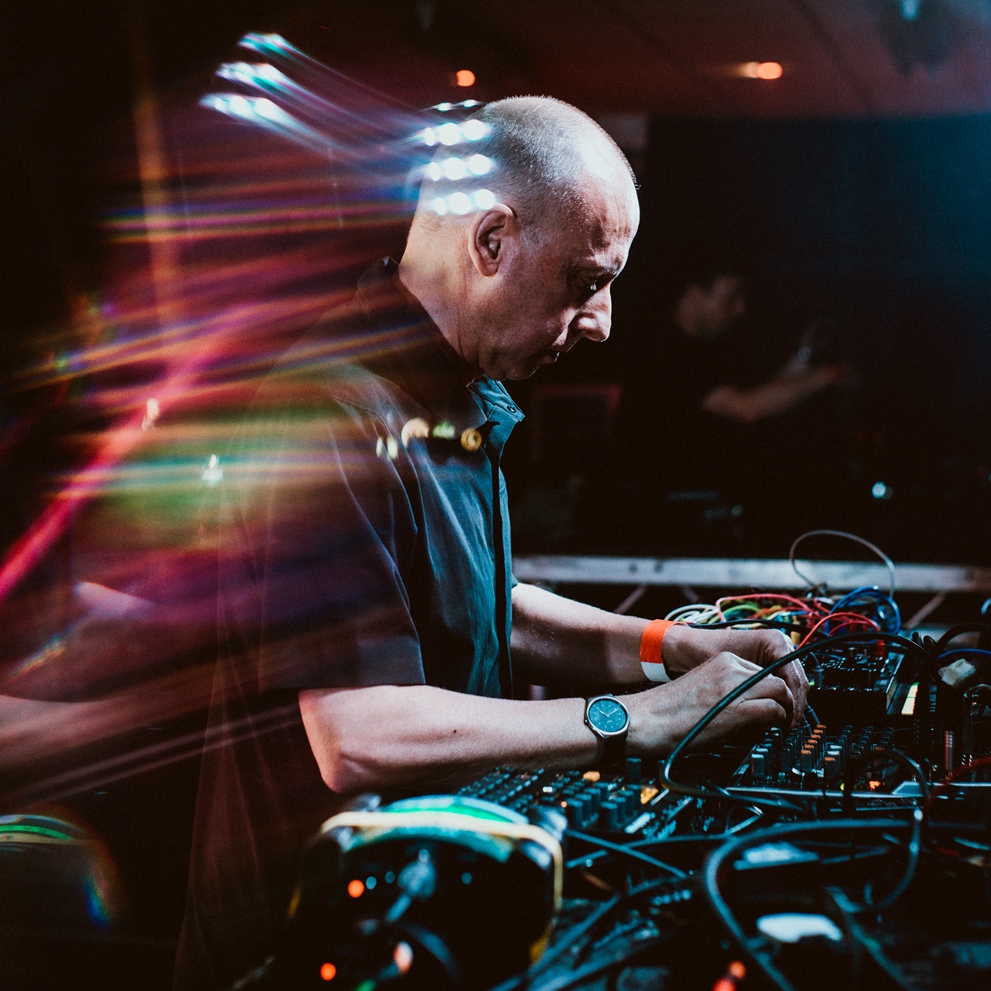
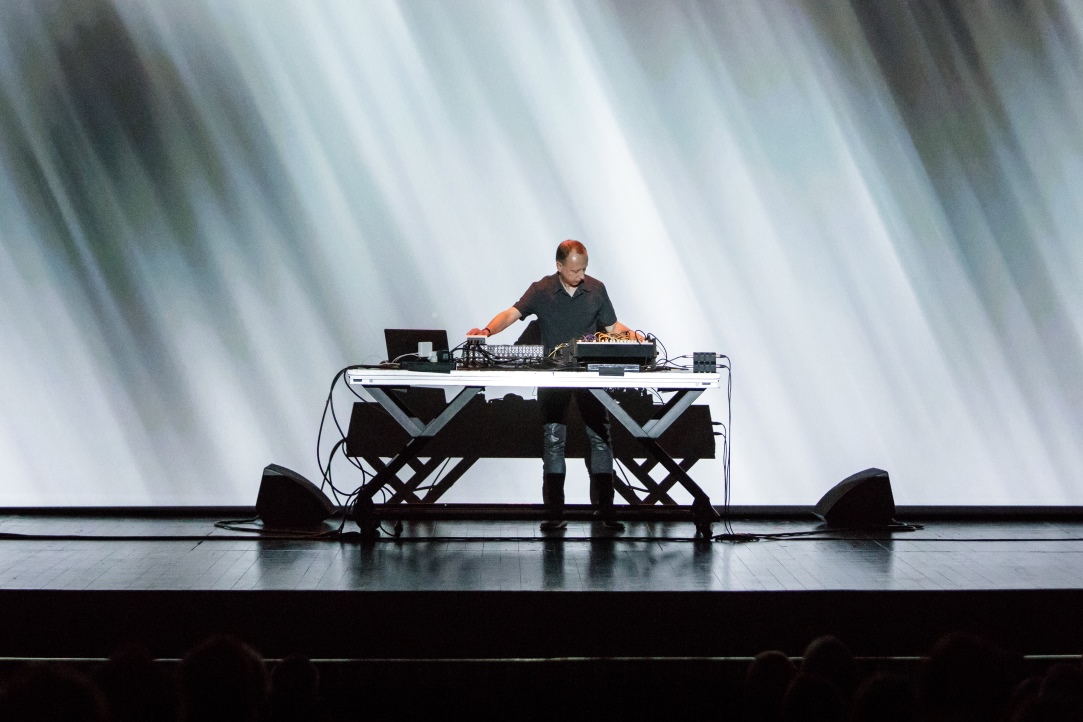
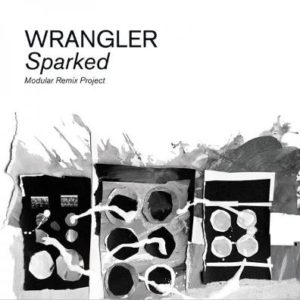
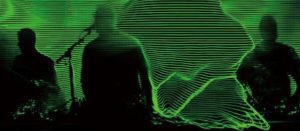 With KRAFTWERK styled electronic textures and retro Roland Compurhythm beats, the remix acts as a soundbed for Stephen Mallinder’s electronically mangled vocals and harsh synthetic sound effects on top. The final four minutes wind down and help bring the track to a half-tempo closedown.
With KRAFTWERK styled electronic textures and retro Roland Compurhythm beats, the remix acts as a soundbed for Stephen Mallinder’s electronically mangled vocals and harsh synthetic sound effects on top. The final four minutes wind down and help bring the track to a half-tempo closedown.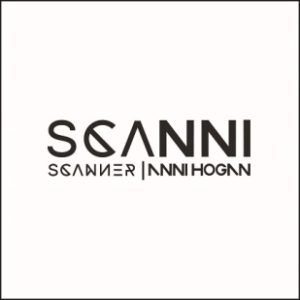
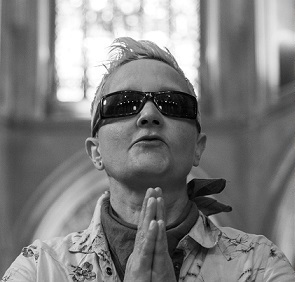
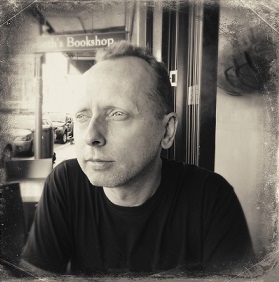
Follow Us!